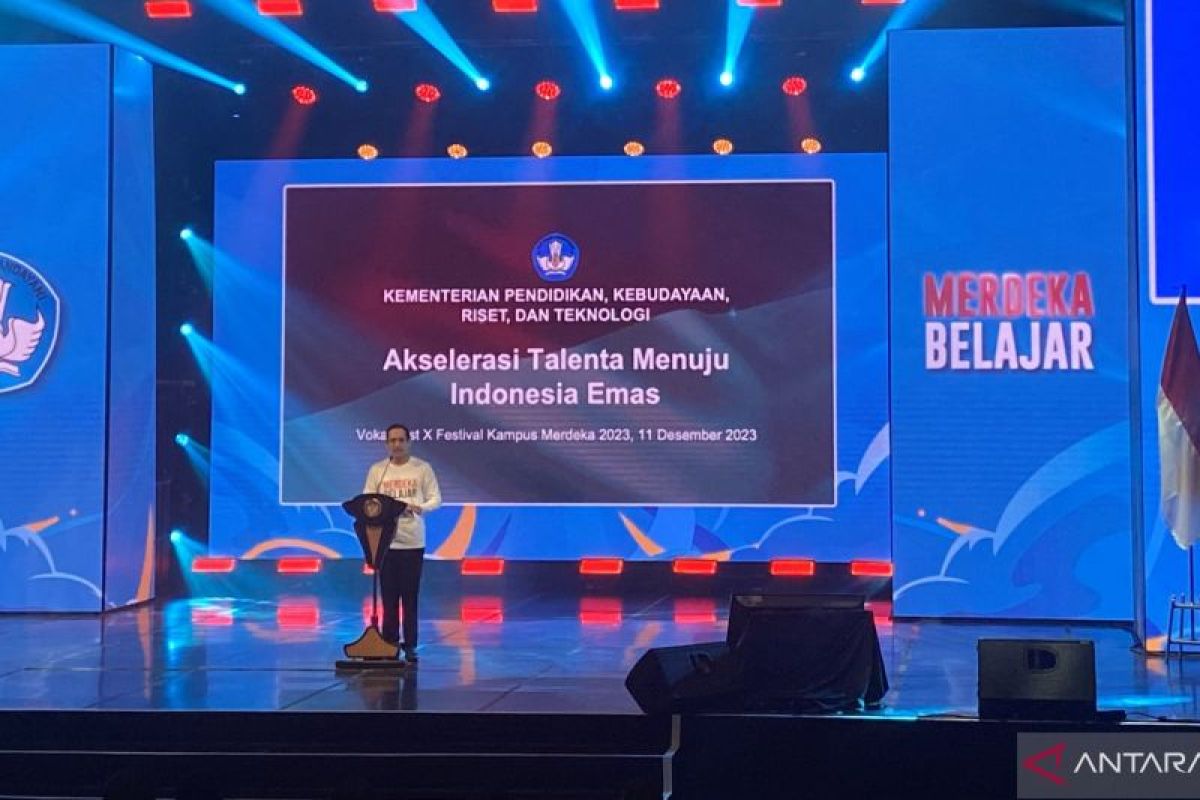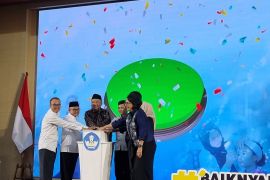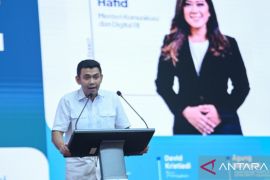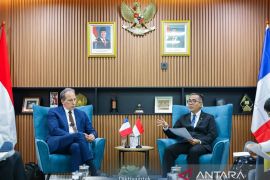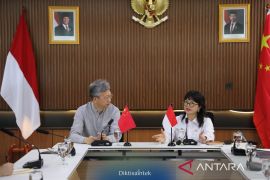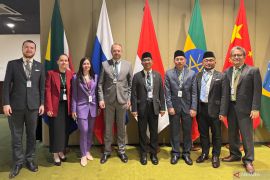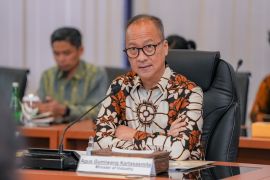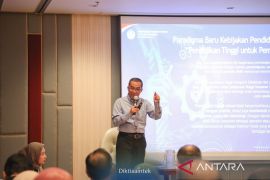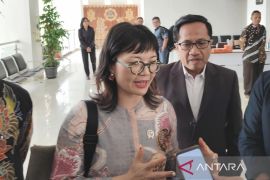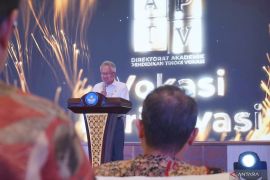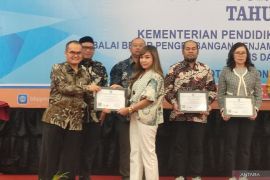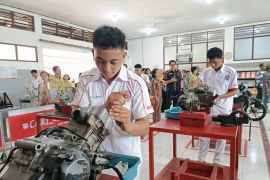"Vocational education has the quickest impact on realizing excellent HR. Why? Because those who graduate from vocational education immediately go into the field to work and expand the economy in the future," he stated at the opening of the Vocationfest X Independent Campus Festival here Monday.
He explained that Indonesia needs to have the ability to move more swiftly to become the world's power, with a per capita income that is expected to continue to increase to escape the middle-income trap.
Makarim stated that one of the factors that require the shortest time to realize the target is vocational education, as it can produce human resources that are ready and meet the industries' needs from time to time.
Vocational education students are equipped with soft and hard skills that are tailored to industry needs, so they are ready to work once they graduate.
The opportunity for vocational higher education graduates to be absorbed into industries is deemed able to boost the Indonesian economy, so it is estimated to have the fourth-biggest gross domestic product (GDP) in the world by 2050, according to the minister.
Makarim noted that the Ministry of Education, Culture, Research, and Technology is bringing about three big changes to transform vocational education.
These three major changes encompass creating an education system that is more open to innovation, realizing learning that is integrated with the industry and regions, and realizing education that is more inclusive, safe, and empowering.
These three steps are aimed at overcoming several educational challenges experienced by Indonesia since several years, such as an education system that was rigid, had low industrial involvement and was not yet integrated with regions, as well as education that was not free and comfortable for students.
"There was a discussion with the President. Mr. Joko Widodo was quite frustrated with the state of our education at that time, which was rigid, not more open and relevant. There was a barrier between the academic world and industry,” he remarked.
Related news: Govt working with foreign partners to improve vocational education
Related news: Industry Ministry strives to bolster vocational education, training
Translator: Astrid Faidlatul, Raka Adji
Editor: Rahmad Nasution
Copyright © ANTARA 2023
